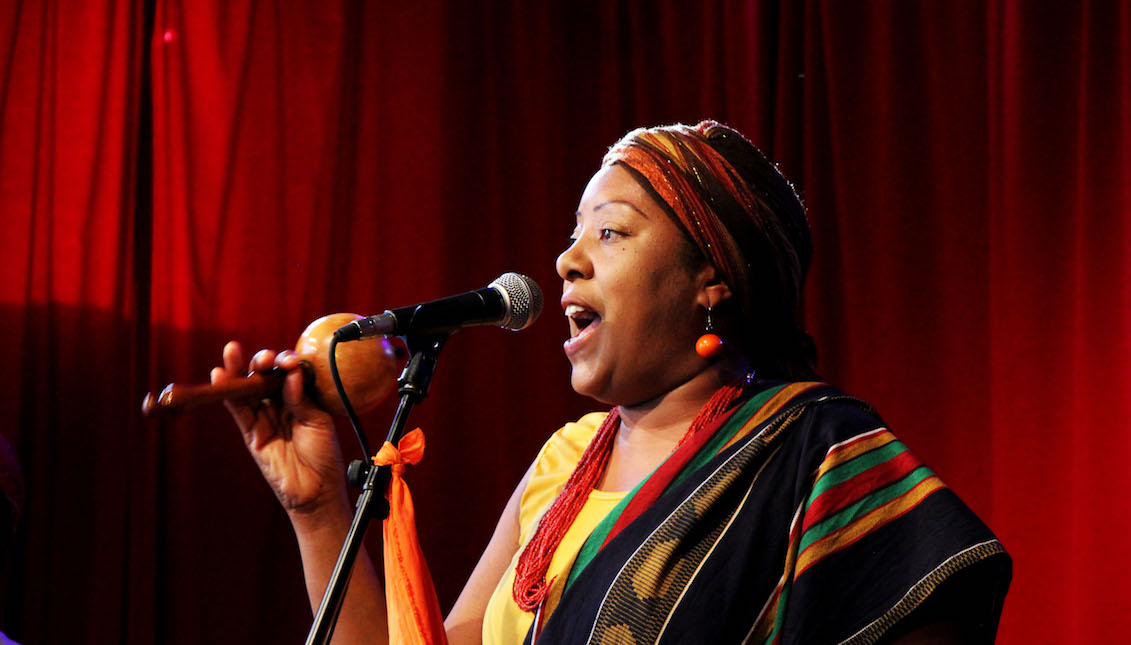
Betsayda Machado and La Parranda El Clavo, taking Venezuela's tradition one step further
The folkloric group brings their Afro-Venezuelan sound around the world, giving a new voice to an increasingly muffled country.
LYON.- When you listen to the first call of the male voices in the Parranda El Clavo - the group that accompanies Betsayda Machado – your body electrifies and anticipates the rhythm of the tamboras.
A foreign audience – such as the one in Lyon (France) – quickly succumbed to the charm of the beat and left their chairs to dance their best versions of the Afro-Venezuelan music on a hot June afternoon.
Betsayda Machado arrived in France late on June 18 to bring her popular Venezuelan music on a European summer tour, accompanied by Ote Gómez, Óscar Ruiz, Nereida Machado, Youse Cardozo, Belén Palacios, and Asterio Betancourt - her parranderos.
Originally from El Clavo - a community of Barlovento (Estado Miranda) in Venezuela - Betsayda Machado invited producer Juan Souki for the first time to listen to the parranda that was coming from her home in December 2015.
"Once [the parranda] starts, I don't know how you're going to turn it off," Machado told Souki, warning him that her group was nothing he had seen before.
In connection to typical Christmas celebrations of the Venezuelan coast, the parrandas join the people in a magic-religious celebration accompanied by the fusion of percussion instruments. Each year on December 15, and framed in the Christmas mass, the entire community of Barlovento transforms the Catholic tradition into a popular rite.
A year after Souki’s visit, La Parranda El Clavo was touring.
Unlike the big Venezuelan folkloric orchestras - Un Solo Pueblo, for example - Betsayda and her band had to simplify the staging and translate the feeling into a universal language with only nine members. To do so, they made their voices the main instrument.
"With our first trip to Canada in 2016, we realized that we could do it," says a hoarse Betsayda in the middle of her summer tour in Europe. With its new format, the group Betsayda Machado and La Parranda El Clavo then began to conquer the world.
Between quitiplás, culoepuya, corian drum, and maracas, the group bring the Caribbean to places as different as the Netherlands, Switzerland, Portugal, Germany, and Austria.
"People understand it [the message], even though they don't understand what we are saying, but they feel the music, they dance, and they enjoy it," says the singer before her second show in Lyon, recalling how, the night before, little French children took the dance floor to the rhythm of Merengada E' Ron.
RELATED CONTENT
Betsayda Machado has been singing since she was five years old, but the school where she developed group leader-skills was Vasallos del Sol - a famous Venezuelan folkloric group founded in 1990 in the Popular Culture Workshops of the Bigott Foundation.
"Venezuela has always been proud that Vasallos has represented us for so long," says the singer, who polished an unequaled voice during her time in the band, mostly influenced by icons such as Celia Cruz or Toto la Momposina.
Today, her new group assumes the inherited responsibility of the great ones, taking popular Venezuelan culture to the world, gathering its diaspora around songs that take us back home.
Being a country divided by the worst economic and humanitarian crisis in its history - and in the history of Latin America - Venezuelans all over the world can momentarily forget their country’s troubles and enjoy the Caribbean breeze brought by the songs and percussions of La Parranda El Clavo.
After having recorded a single album in 2017 with the entire El Clavo community, now Betsayda and her band are looking to produce a recording with the original line-up, especially after their collaboration with Souki in a play in Miami.
But their most important work is at home.
For Machado, being an exponent of popular music today is "an arduous task" and goes far beyond finding space in the music industry. It has to do with the sense of community and what they have achieved for their village in Barlovento.
"Before we went on tour, we left 243 children in El Clavo between November and December, doing Parranda, playing fulía, dancing burriquita," the artist concludes. "Their mothers have been totally involved in the work, even when they don't have money to buy a uniform for their kids, and it is hard what is happening in Venezuela, but we will overcome, I'm sure."
[node:field_slideshow]



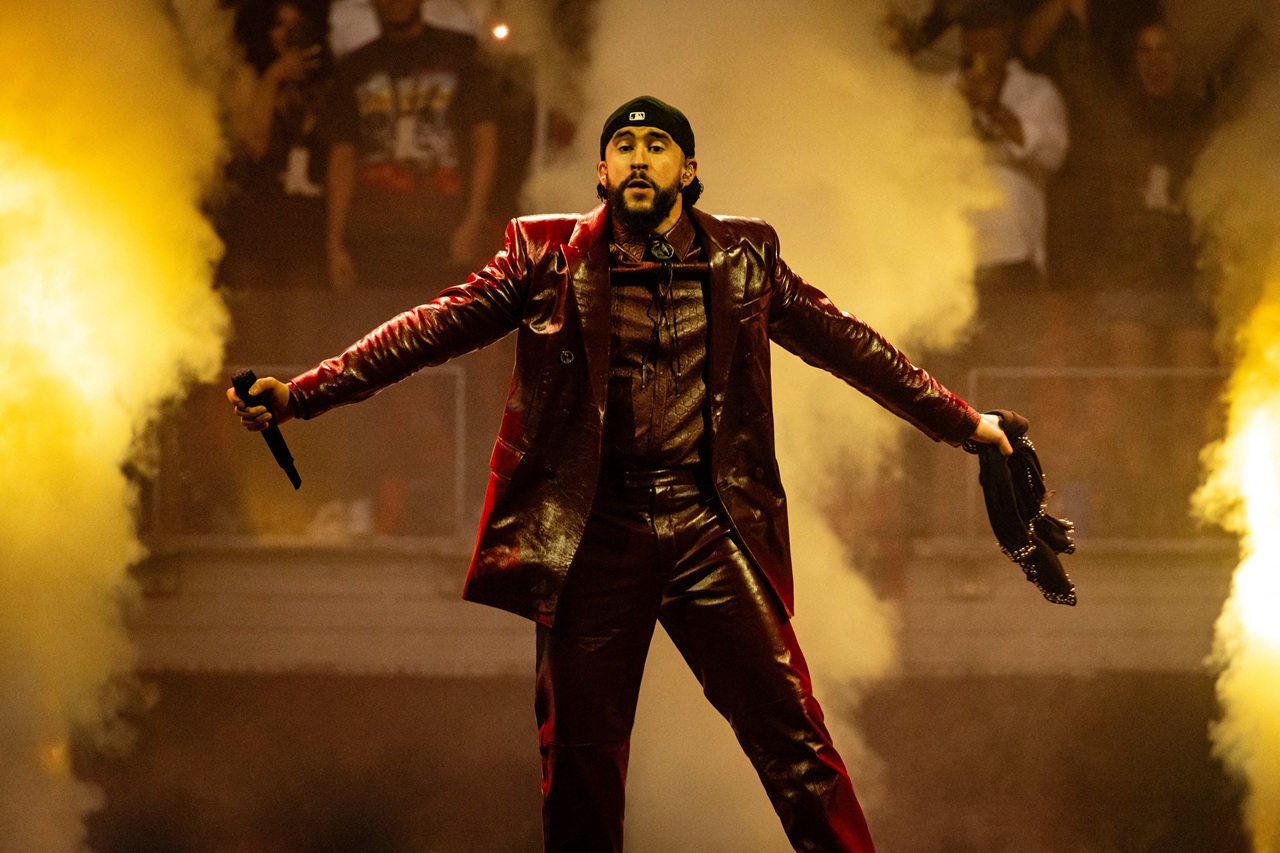
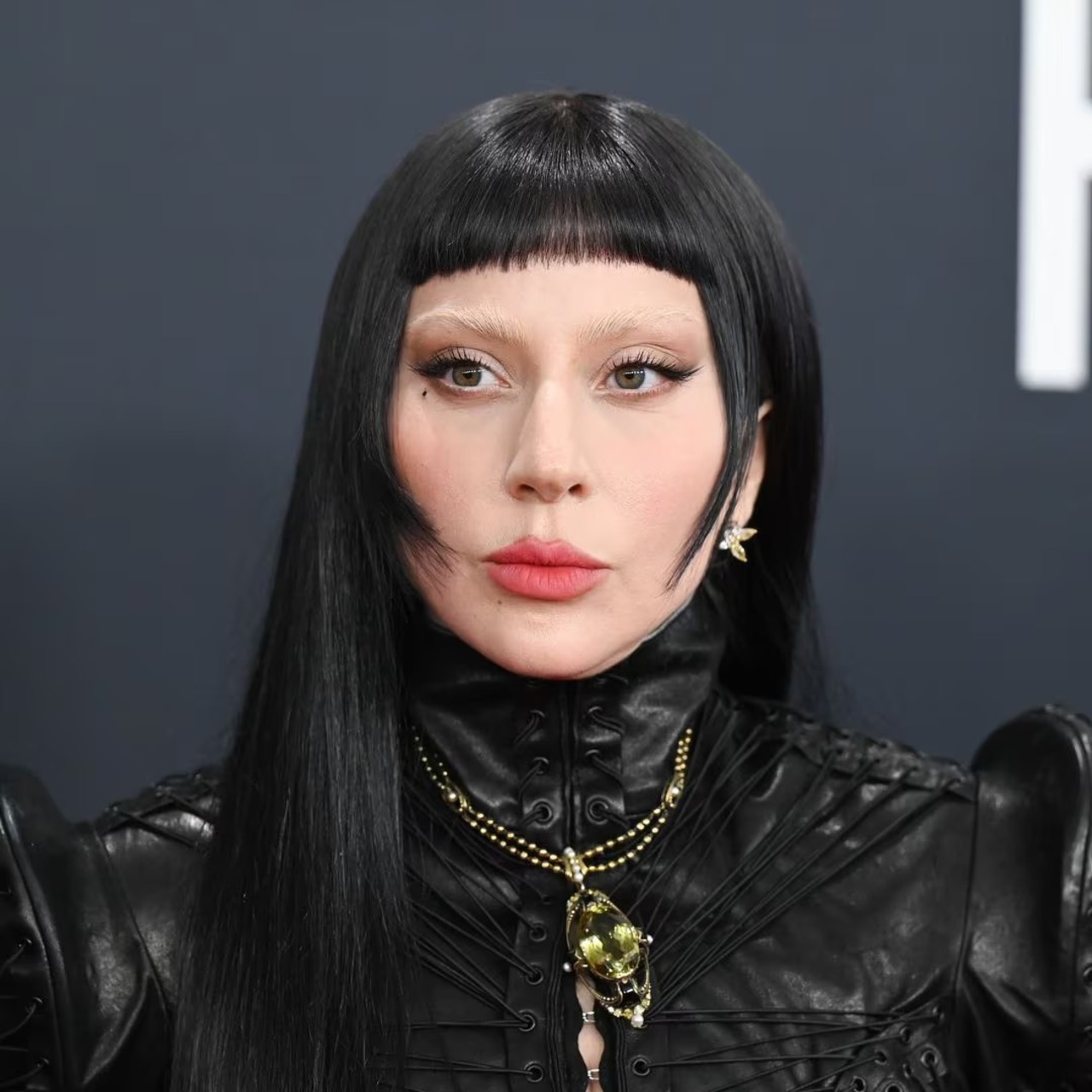
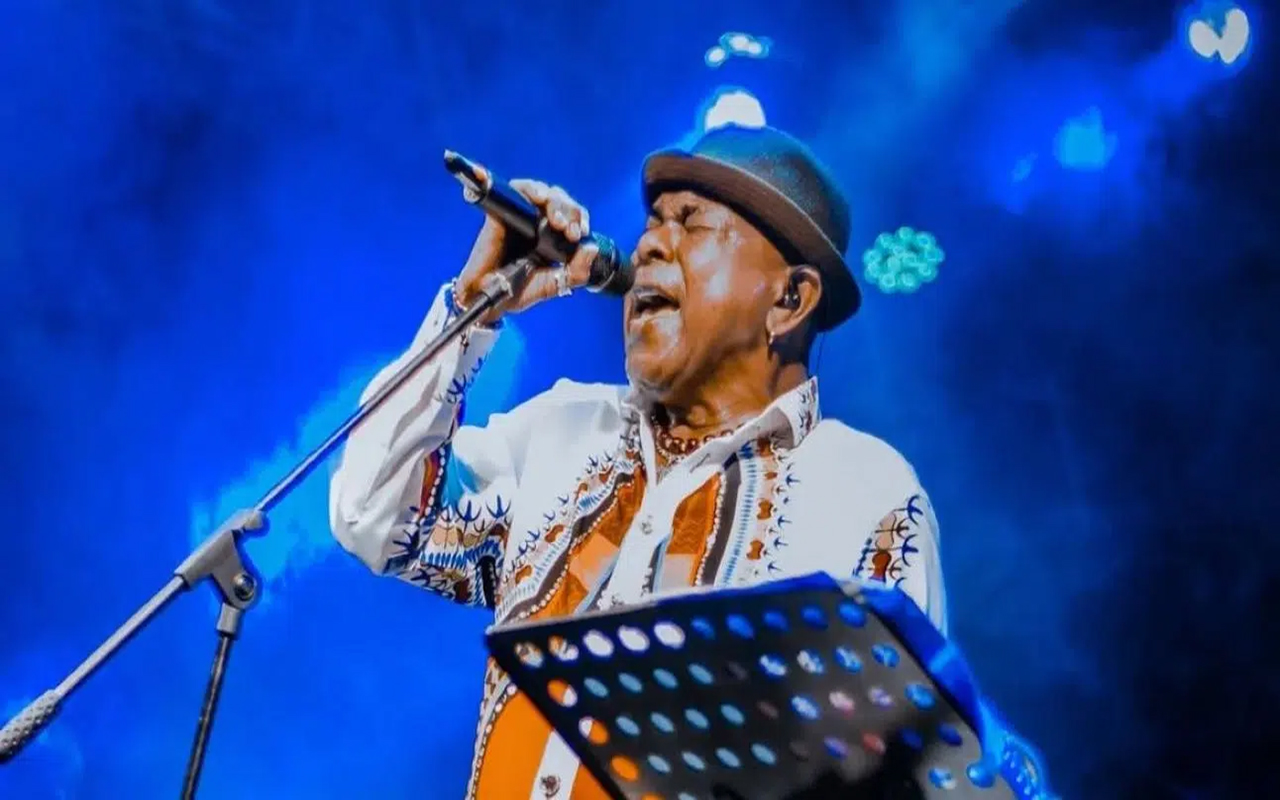
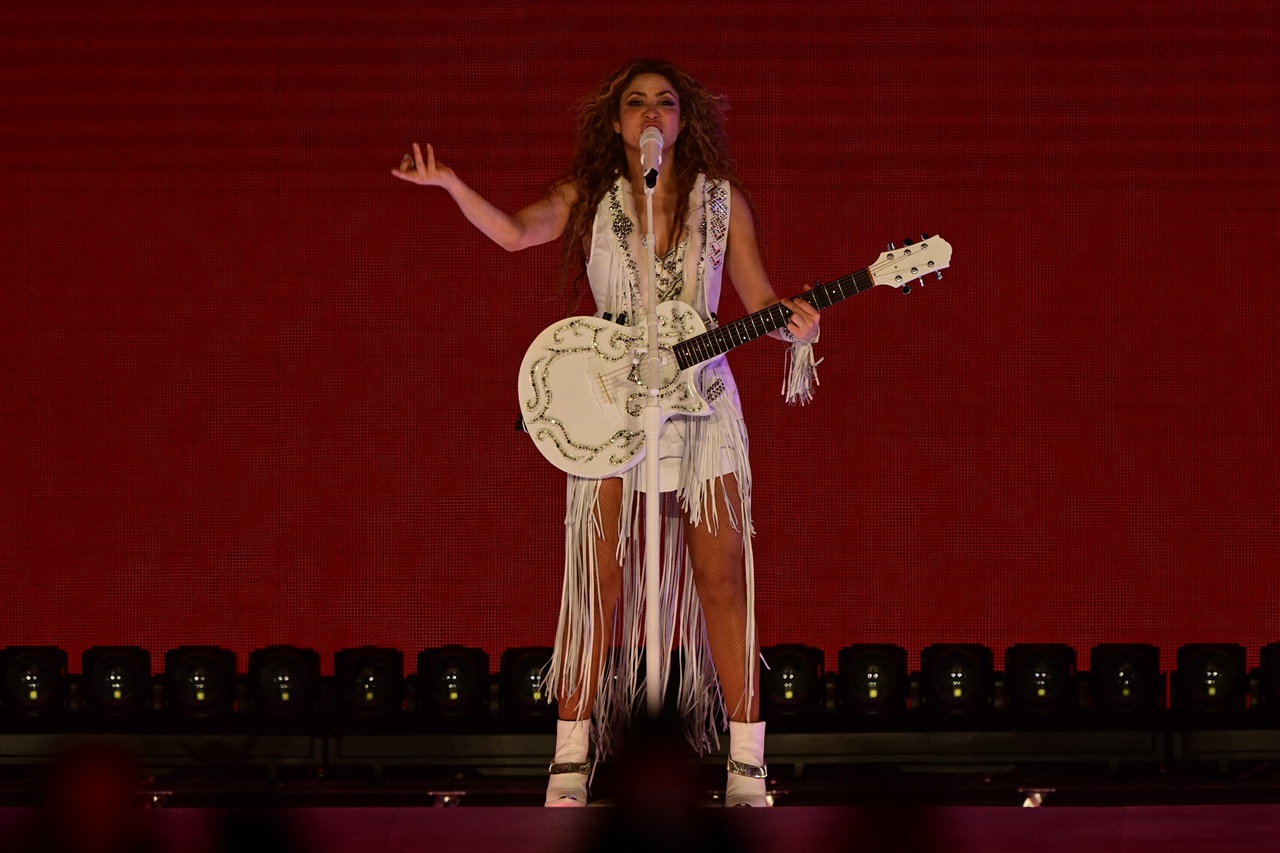
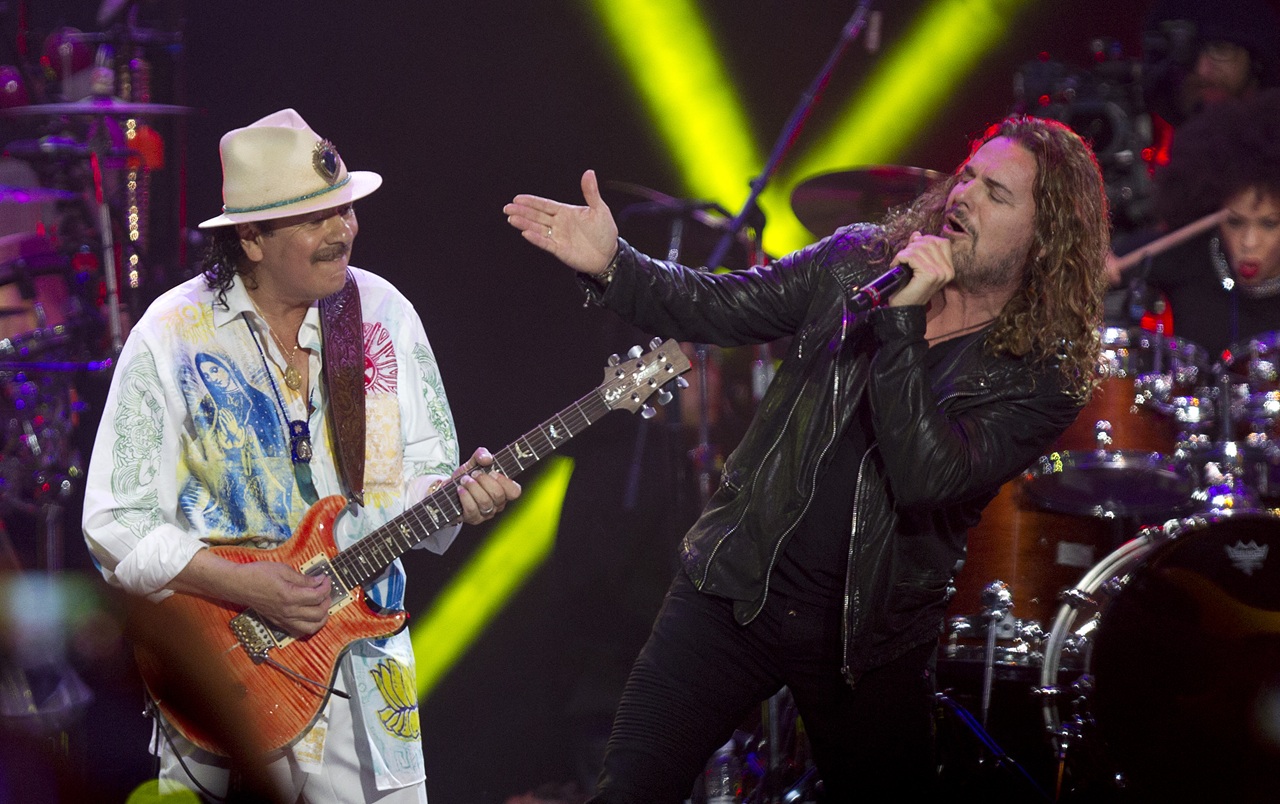

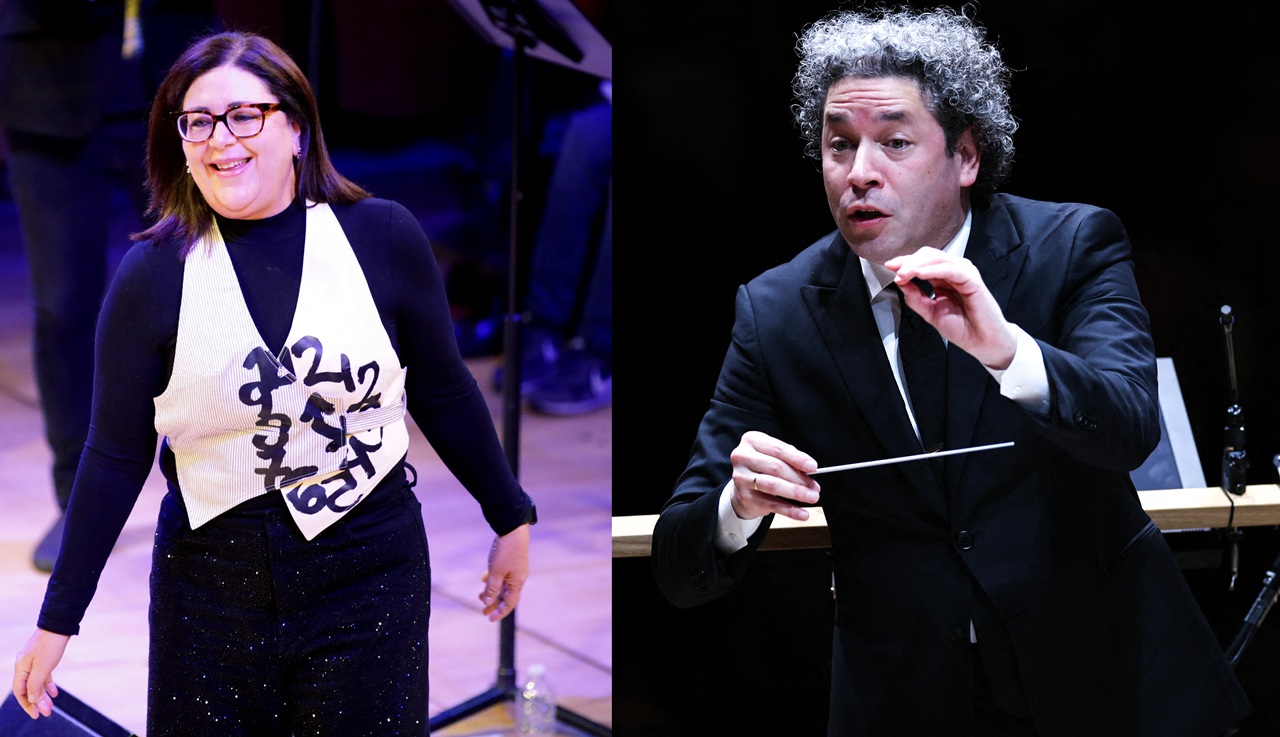

LEAVE A COMMENT: